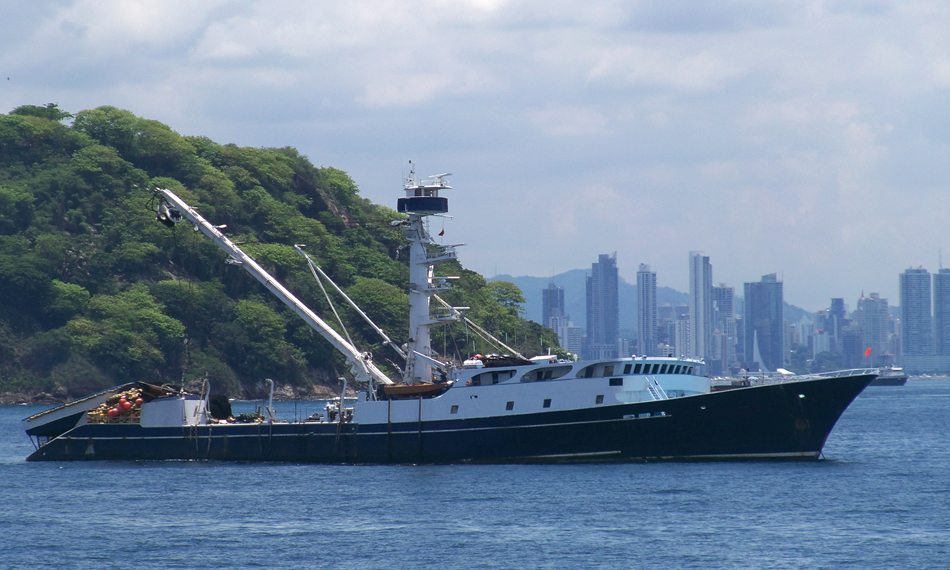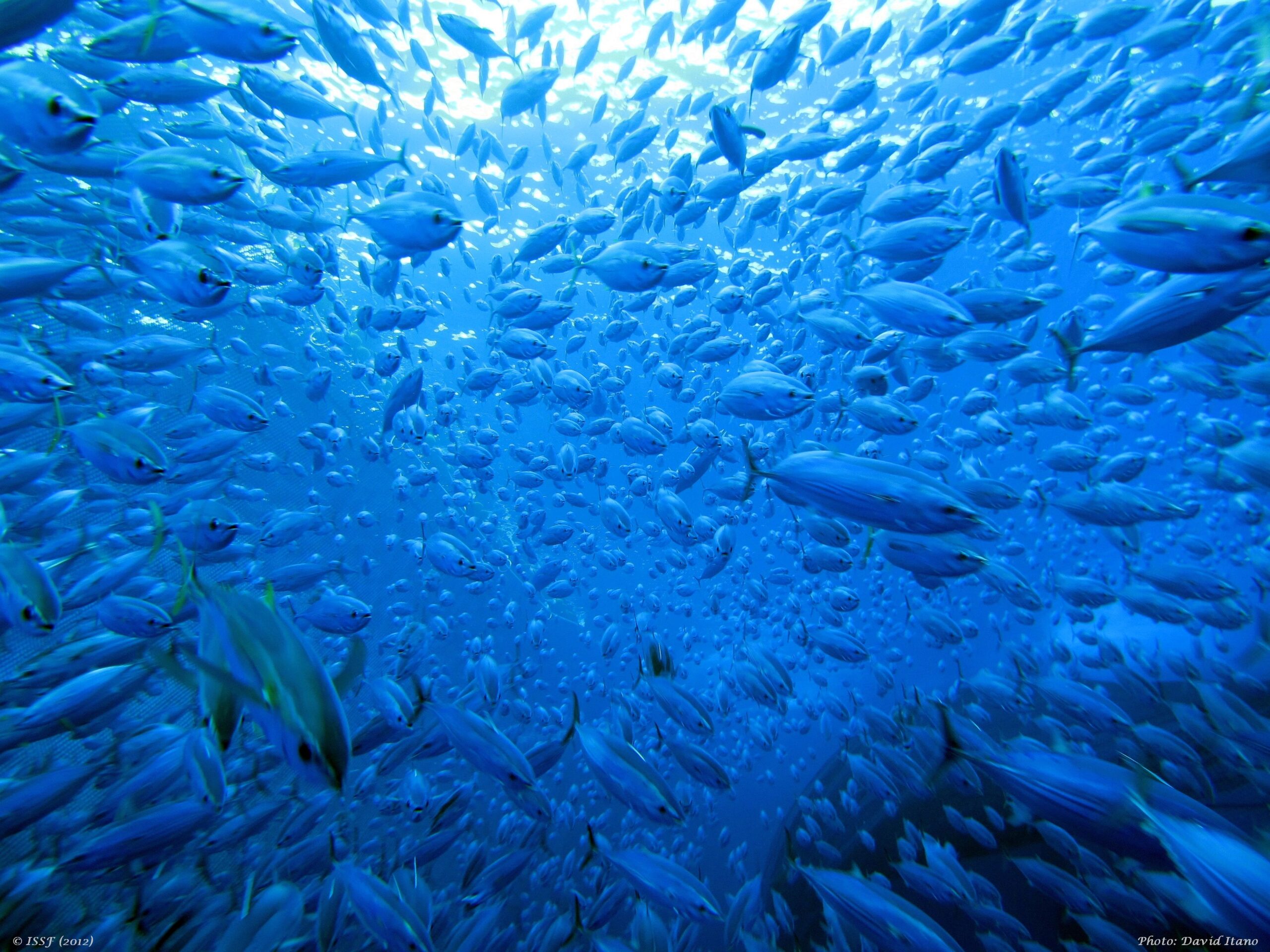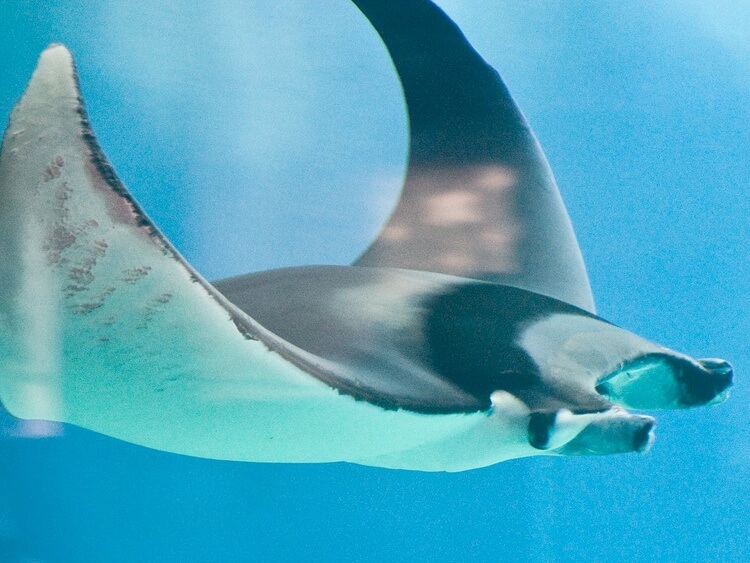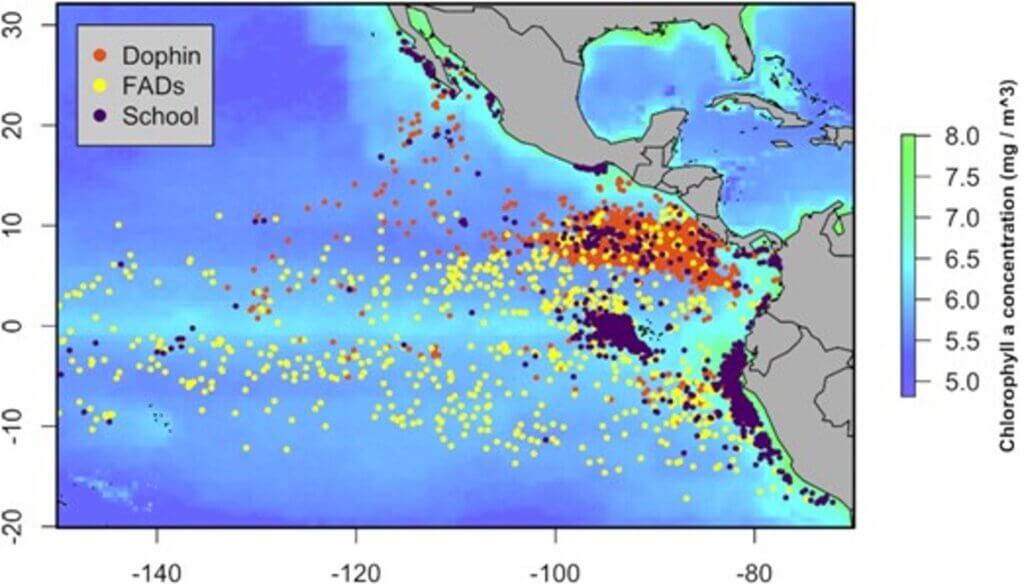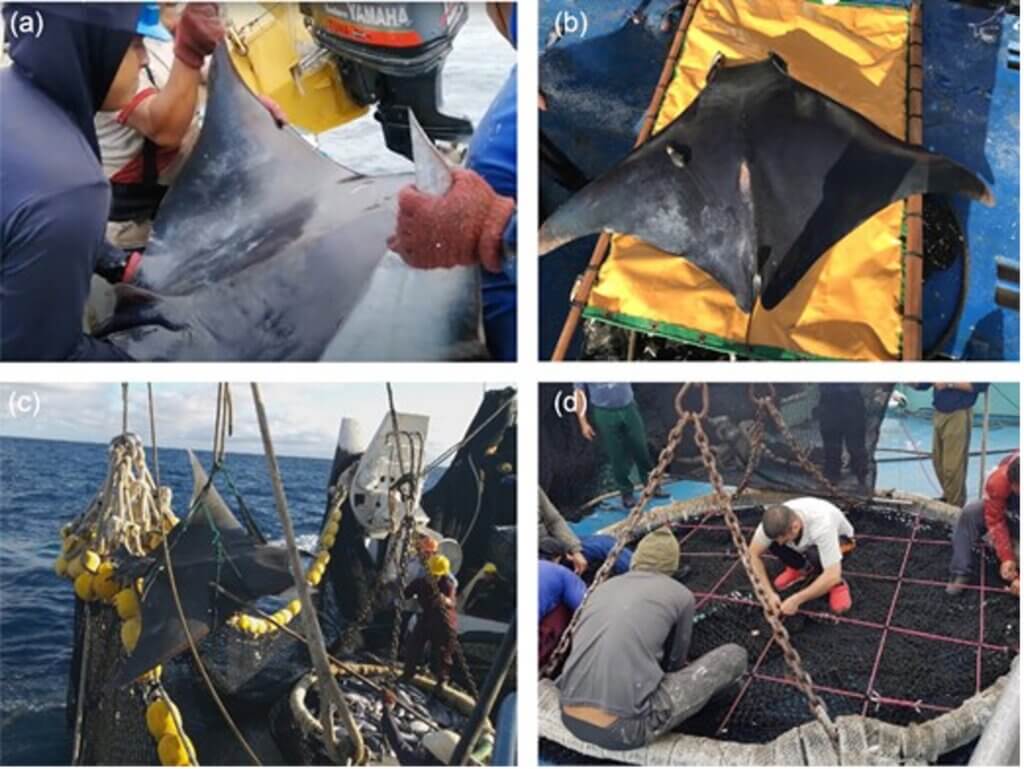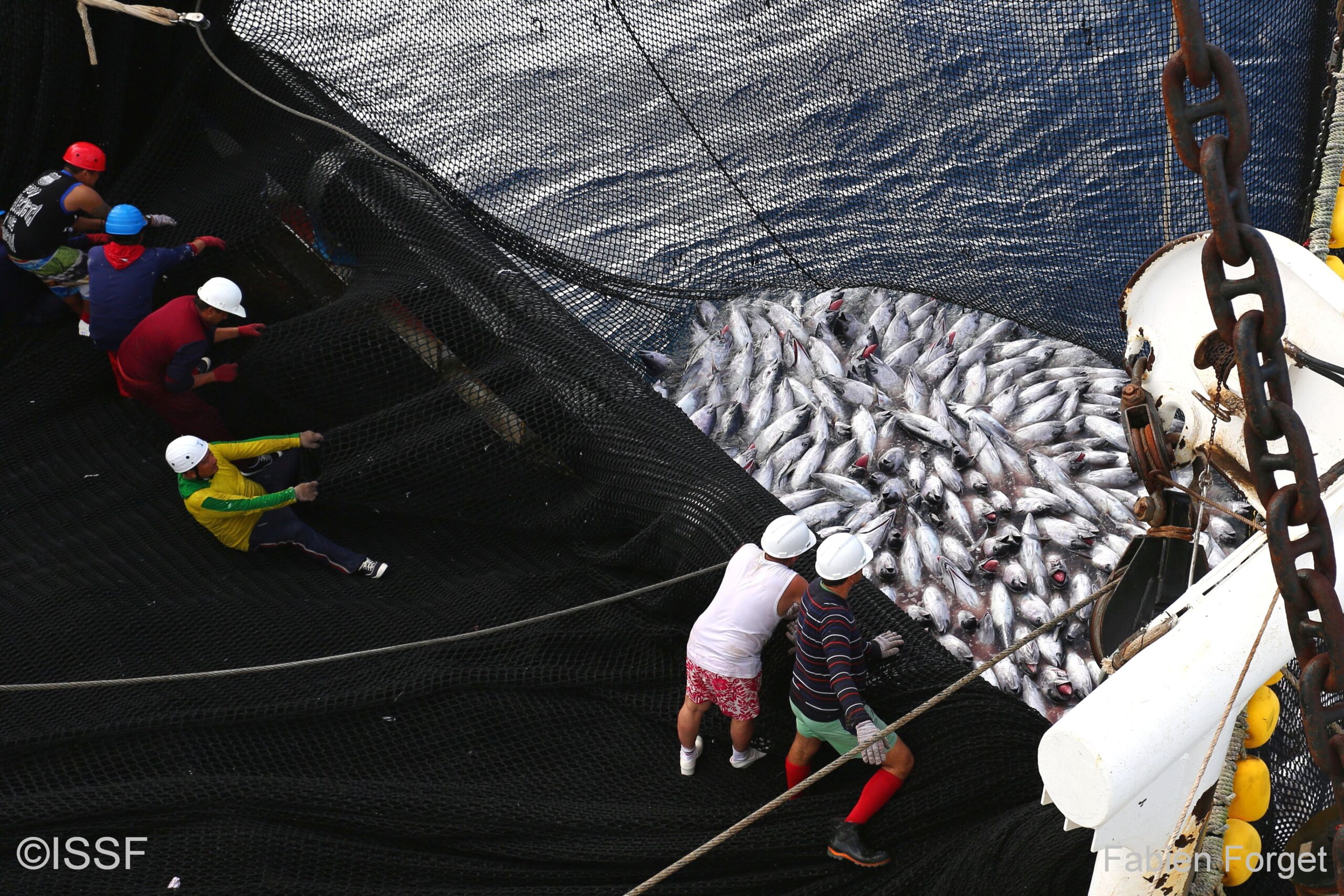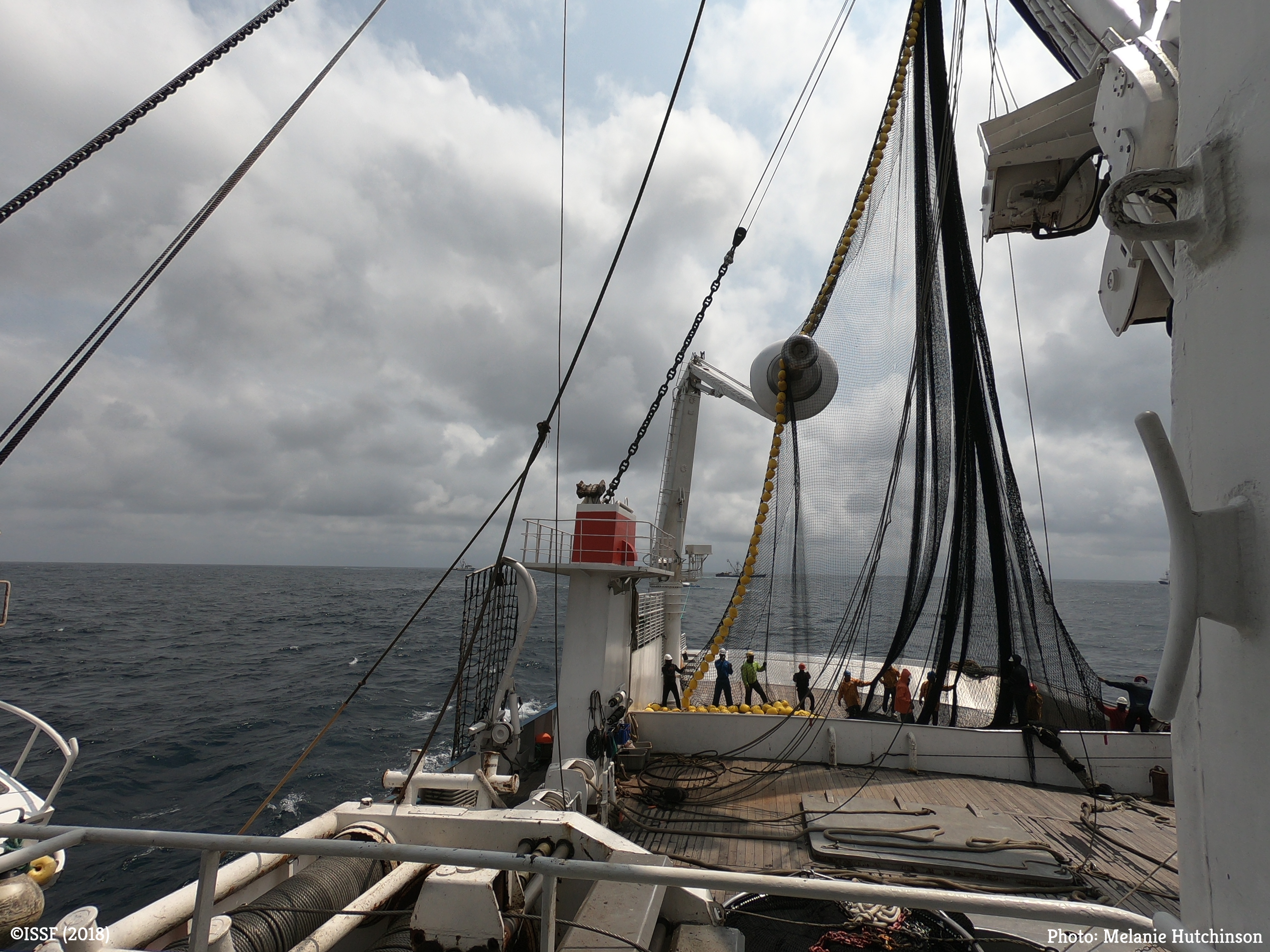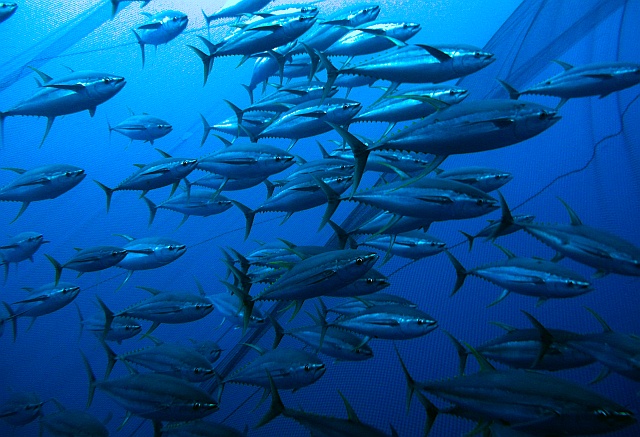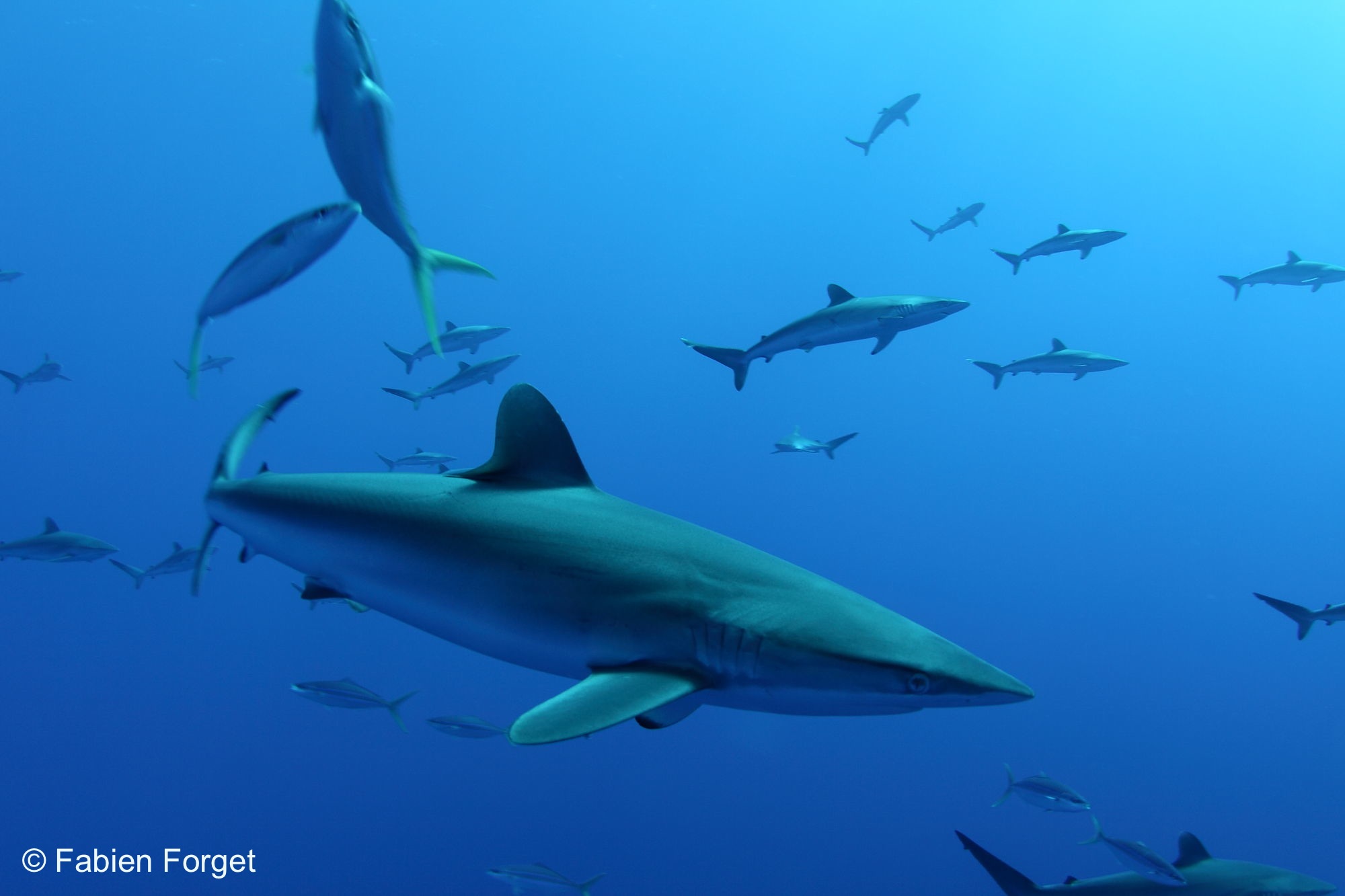ISSF Study Reports Slight Decrease in Purse-Seine Vessels Overall, and Fewer Large-Scale Purse-Seine Vessels Fishing for Tropical Tuna Species Globally
The International Seafood Sustainability Foundation (ISSF) has updated its Large-Scale Tuna Purse Seine Fishing Fleets report for July 2022. The total number of purse-seine vessels, calculated based on data from the five tuna Regional Fisheries Management Organizations (RFMOs), has decreased slightly from 1,855 in 2021’s report to 1,808 today.
This 3 percent decrease is due to the delisting of several vessels from RFMO authorized vessel records, mainly the Western and Central and Pacific Fisheries Commission (WCPFC) and Inter-American Tropical Tuna Commission (IATTC), as well as changes in the fleets of medium-sized vessels that are no longer on the active list of the International Commission for the Conservation of Atlantic Tunas (ICCAT). There may be other causes for changes in the number of purse-seine vessels, such as updates to vessel type as reported to RFMOs — for instance, fish carriers and support vessels are sometimes listed as purse seiners and vice versa — or vessels that have sunk or been scrapped.
Since 2021, the number of purse-seine vessels fishing for #tuna — an important marker of #fishing capacity — has decreased 3% globally, mainly due to vessel de-listings by Regional Fisheries Management Organizations (RFMOs). Share on XThe report also shows that approximately 642 vessels defined as large-scale purse-seine (LSPS) vessels are targeting tropical tuna species, down 5.3 percent from last year, with a combined fishing capacity of over 834,000 m3 (cubic meters). This fishing capacity measure was larger in 2021, at around 865,000 m3. This reduction is explained for the most part by the number of vessels that are no longer found in RFMO authorized vessels records due to having sunk or been scrapped, for example. A low number of new vessel constructions or new RFMO listings compared to previous years also contributed to the decrease.
About the Report
Having an accurate estimate of active vessels is critical for managing tuna fishing capacity regionally as well as globally. Although purse-seine vessels account for approximately 66 percent of the 5.1-million-ton global tuna catch, the number of purse seiners operating in the various oceans is not available from a single source, and multiple databases must be searched to compile a count of all authorized purse seine vessels.
To provide an annual best estimate — and to track capacity changes from year to year — ISSF analyzes and aggregates information from the five tuna RFMOs and other sources. As the report explains, these figures still may underestimate the total fleet, because many small-scale purse seiners or purse seiners operating in only one exclusive economic zone (EEZ) do not have to be listed on RFMOs’ records of authorized fishing vessels.
Other report findings about the large-scale purse-seine vessels targeting tropical tuna include:
- About 16 percent of these 642 large-scale vessels are authorized to fish in more than one RFMO, which should be considered in any efforts to manage fishing capacity at a regional level.
- Among the RFMOs, the Western and Central Pacific Fisheries Commission (WCPFC) still has the highest number of LSPS registrations (317).
- The majority of these vessels (489) are registered on the ISSF ProActive Vessel Register (PVR); PVR-registered LSPS represent 76 percent in number and 82 percent in fish hold volume (FHV).
The report also covers purse-seine vessel construction, distribution, and FHV by national flag. It offers recommendations for vessel owners on registration for IMO numbers and for RFMOs on vessel-data collection and management, such as a recommendation to publish lists of active vessels. View the updated report here. View a related infographic here.
